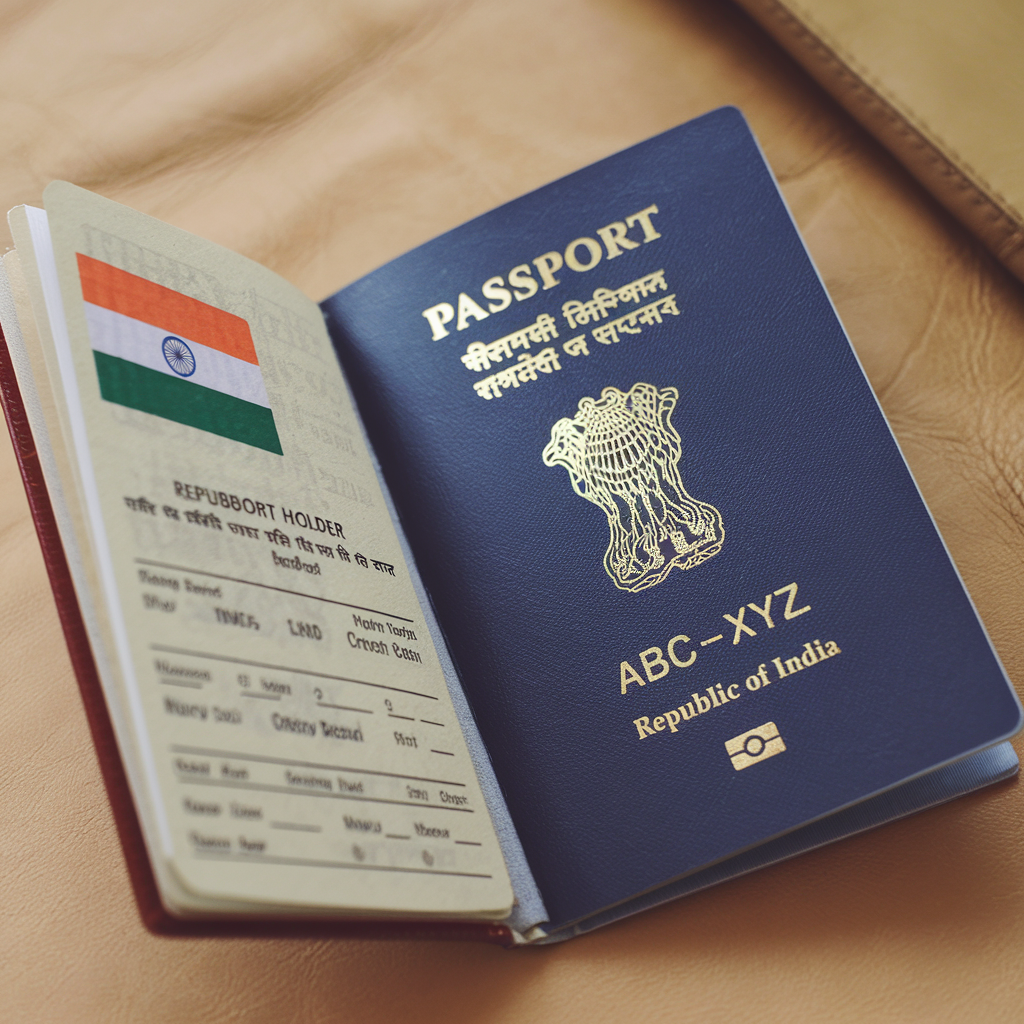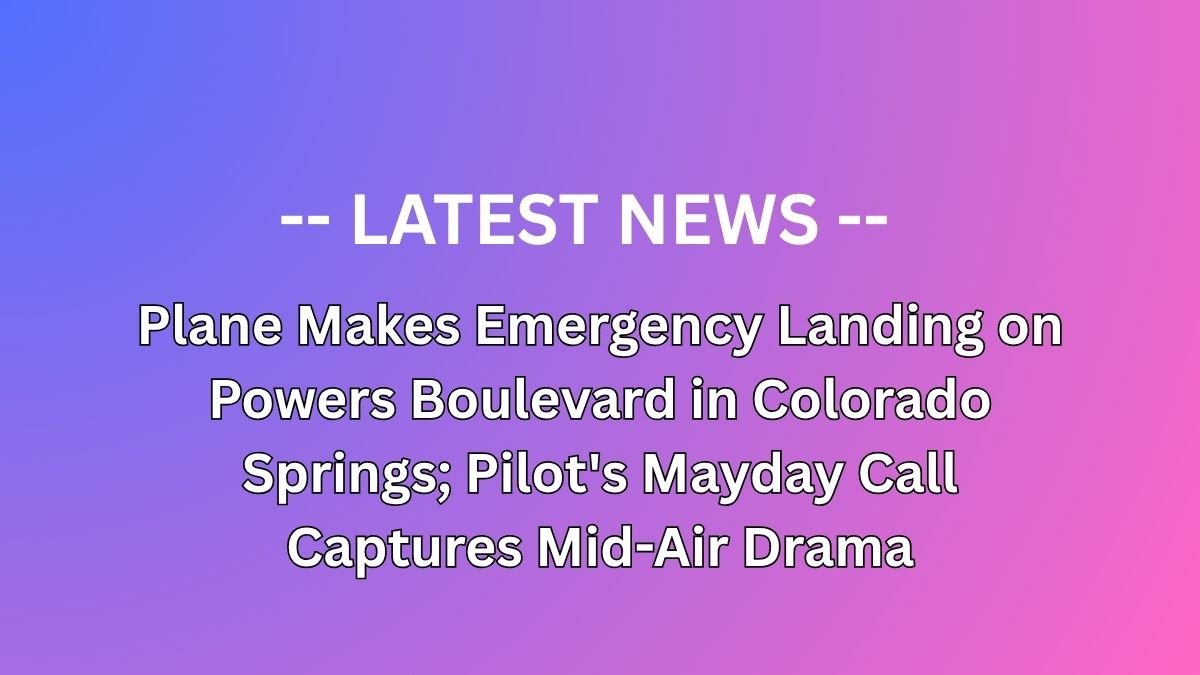Introduction to Indian Passports
Indian Passport and passport types in India are crucial terms for every citizen planning international travel. An Indian passport is not just a travel document—it symbolizes national identity and legal protection abroad. Issued by the Ministry of External Affairs and managed through Passport Seva Kendras, this document facilitates seamless global travel and establishes the holder’s identity internationally.

Table of Contents
Types of Passports in India Based on Eligibility and Usage
Indian passports come in various types, each tailored to specific groups and purposes. Understanding these differences can help you select the passport that suits your needs best.
- Ordinary Passport (Blue Cover)
The most common passport, issued to general citizens for regular travel purposes. This passport is ideal for students, professionals, and families planning vacations or business trips. - Diplomatic Passport (Maroon Cover)
Reserved for government officials and diplomats, this passport grants the holder diplomatic immunity and privileges during international assignments. - Official Passport (White Cover)
Issued to government employees traveling on official duty. It carries the official seal and is used for work-related international engagements. - Emergency Certificate
Provided to stranded Indian citizens abroad in cases of lost or expired passports, ensuring a temporary document to facilitate return to India.
Types of Passports Based on Security Features
Indian passports are also classified by their security features:
- Regular Passport (Non-Chip)
The traditional passport, which does not include a microchip for enhanced security. - E-Passport (Chip-Enabled)
This modern version incorporates an electronic chip that stores biometric data, enhancing security and facilitating faster immigration processes.
ECR vs. ECNR Category in Passports
Indian passports are further categorized based on emigration checks:
- ECR (Emigration Check Required)
Typically applies to applicants with a lower level of education or certain occupational backgrounds. This stamp indicates that the holder’s credentials require verification before traveling to certain countries. - ECNR (Emigration Check Not Required)
Granted to individuals meeting specific criteria, allowing them to travel abroad without additional emigration verification.
Common Questions:
- Who needs an ECR stamp?
Applicants from certain occupational and educational backgrounds may require an ECR stamp. - How can I apply for ECNR status?
Eligibility for ECNR is typically based on education and profession. Check your current status during the application process on passportindia.gov.in.
Eligibility Criteria for Each Type of Passport
Each passport type comes with its own set of eligibility criteria and documentation requirements:
- Ordinary Passport:
Requires proof of identity, address, and citizenship. Standard documents include an Aadhaar card, voter ID, or birth certificate. - Diplomatic and Official Passports:
Limited to government officials or individuals on government business. Verification is done through internal government channels. - ECNR Status:
Documentation that proves educational qualifications or professional credentials is essential to apply for an ECNR stamp.
Frequently Asked Question:
- What documents are required to apply for an Indian passport?
Common documents include proof of identity, address, date of birth, and, in some cases, additional documentation to verify professional or educational qualifications.
Which Type of Passport is Best for You?
Choosing the right passport depends on your profession, travel frequency, and purpose:
- General Travelers:
Most individuals should apply for an Ordinary Passport (Blue Cover). - Government Employees and Diplomats:
These groups should opt for Diplomatic or Official Passports to enjoy respective privileges. - Frequent International Travelers:
An E-Passport is highly recommended for its advanced security and faster processing at immigration checkpoints.
Key Considerations:
- Assess your travel needs.
- Understand the privileges and limitations associated with each passport type.
- Verify your eligibility for ECNR status to avoid unnecessary delays.
How to Apply for an Indian Passport
Applying for an Indian passport is straightforward when you follow these steps:
- Visit the Official Portal:
Start your application process at passportindia.gov.in. - Fill Out the Application Form:
Complete the form with accurate personal details and select the type of passport you require. - Upload Documents:
Attach scanned copies of the necessary documents such as proof of identity, address, and citizenship. - Book an Appointment:
Schedule an appointment at your nearest Passport Seva Kendra for verification and biometric data collection. - Attend the Appointment:
Submit your original documents and complete the verification process. - Track Your Application:
Use the portal to monitor the status of your application until you receive your passport.
FAQs:
- How do I renew my passport?
The process is similar to applying for a new passport, but with additional requirements for existing passport details. - What is the Tatkal process?
The Tatkal scheme allows for expedited processing of passports in urgent situations.
Fees and Processing Time for Different Passports
The fees and processing time vary based on the type of passport and the service required:
- Regular Application:
Standard fees apply for ordinary passports with a typical processing time of a few weeks. - Tatkal Service:
For urgent travel, the Tatkal process offers expedited processing at a higher fee.
Common Questions:
- How long does it take to get a passport?
Standard processing can take anywhere from 2 to 4 weeks, while Tatkal processing is faster. - What are the costs involved?
Fees depend on the type of passport and service chosen. Detailed fee structures are available on the official website.
Conclusion: Making the Right Choice
Choosing the right Indian passport is vital for hassle-free international travel. Consider your profession, travel frequency, and eligibility for additional services like ECNR to make an informed decision. Whether you’re a general citizen, government official, or in need of urgent travel documentation, understanding the various passport types and their features will guide you to the best option.
Key Takeaways:
- Understand the differences between Ordinary, Diplomatic, and Official passports.
- Know the security features and emigration categories (ECR vs. ECNR).
- Follow the detailed application process to ensure a smooth experience.
Frequently Asked Questions (FAQ)
- What is the primary difference between an Ordinary and an E-Passport?
An Ordinary Passport may not include biometric data, while an E-Passport is chip-enabled for enhanced security. - Who qualifies for ECNR status?
Applicants with higher education or certain professional credentials generally qualify for ECNR status, eliminating the need for emigration checks. - Can I use the Tatkal service for all passport types?
Yes, the Tatkal service is available for Ordinary Passports to expedite the process during emergencies. - What documents are needed for passport renewal?
Typically, you need the current passport, proof of identity, address proof, and additional supporting documents as required by the passport office.
Disclaimer
Disclaimer: The information provided in this article is intended for general informational purposes only. It does not constitute legal advice. Always refer to official government websites or consult a professional for the most current and personalized guidance.
Affiliate Disclosure
Affiliate Disclosure: Some links in this article are affiliate links. If you choose to make a purchase through these links, we may earn a commission at no extra cost to you. This helps support our website and allows us to continue providing quality content.
This comprehensive guide on the different types and colors of Indian passports should help you make an informed decision about which passport best suits your needs. Whether you’re applying for the first time or renewing an existing passport, understanding these nuances is essential for a smooth application process. Enjoy your journey to a hassle-free travel experience!






